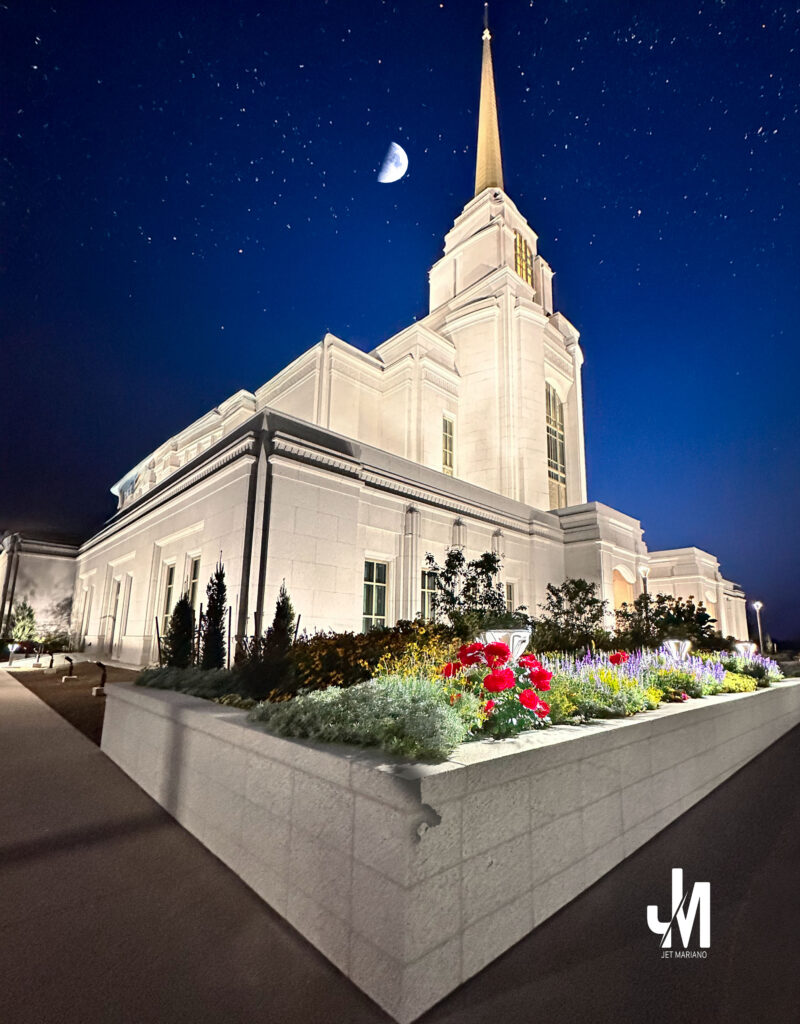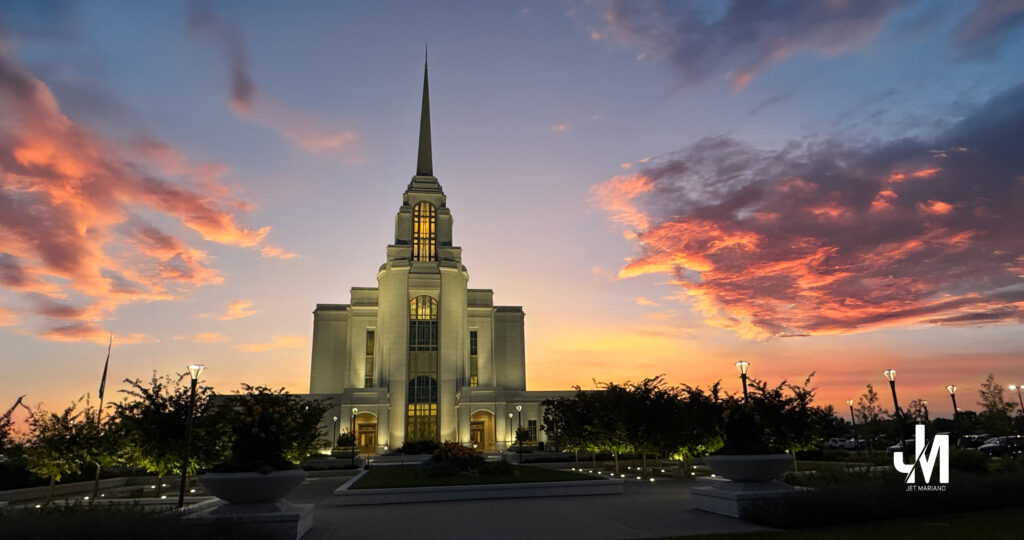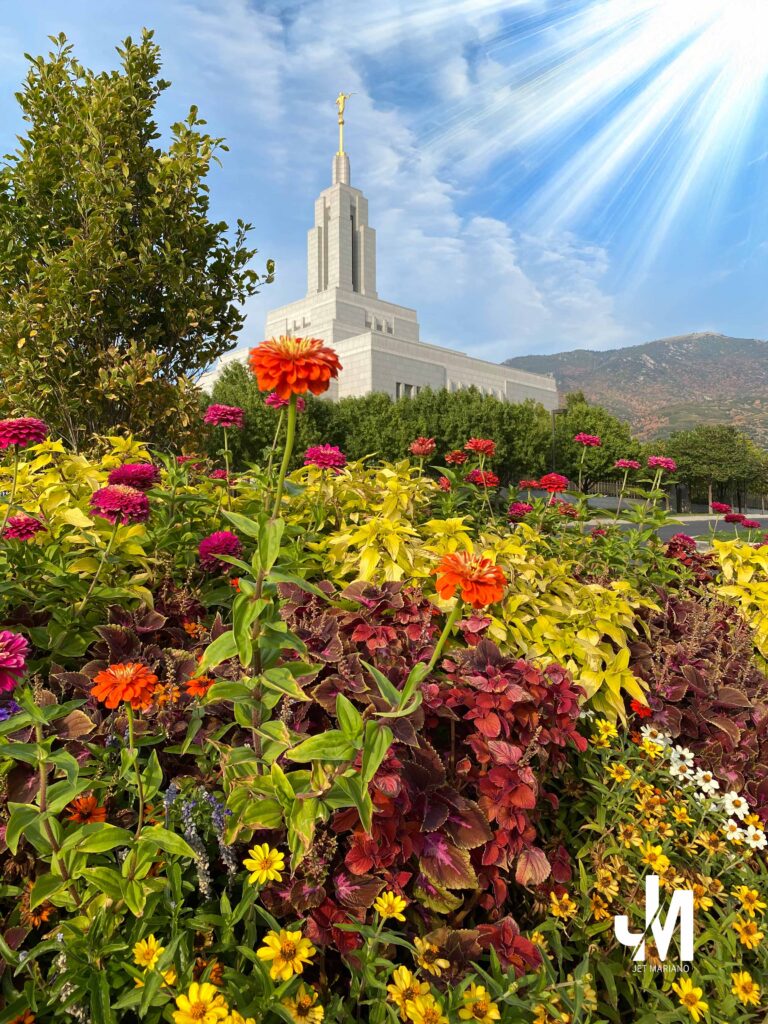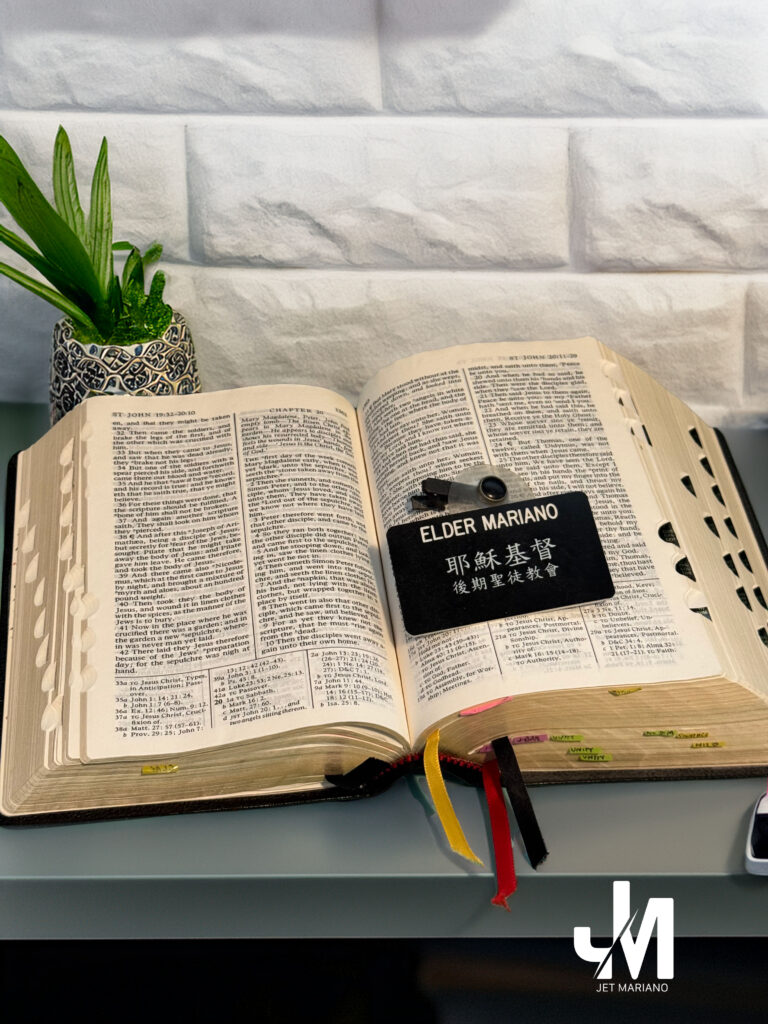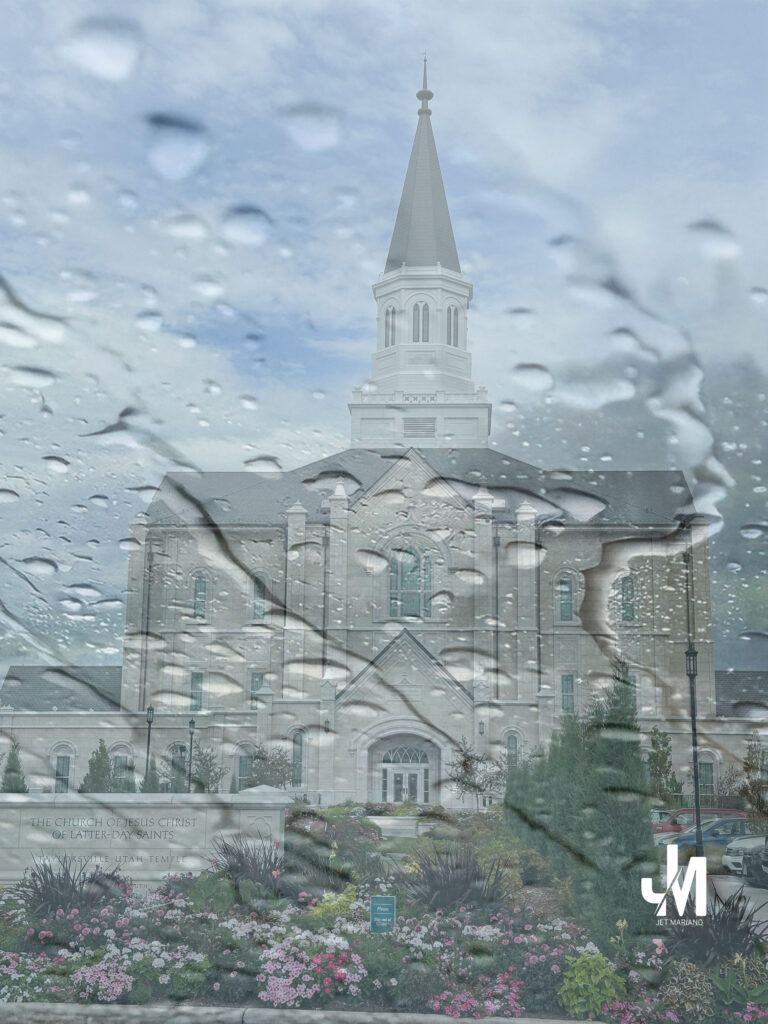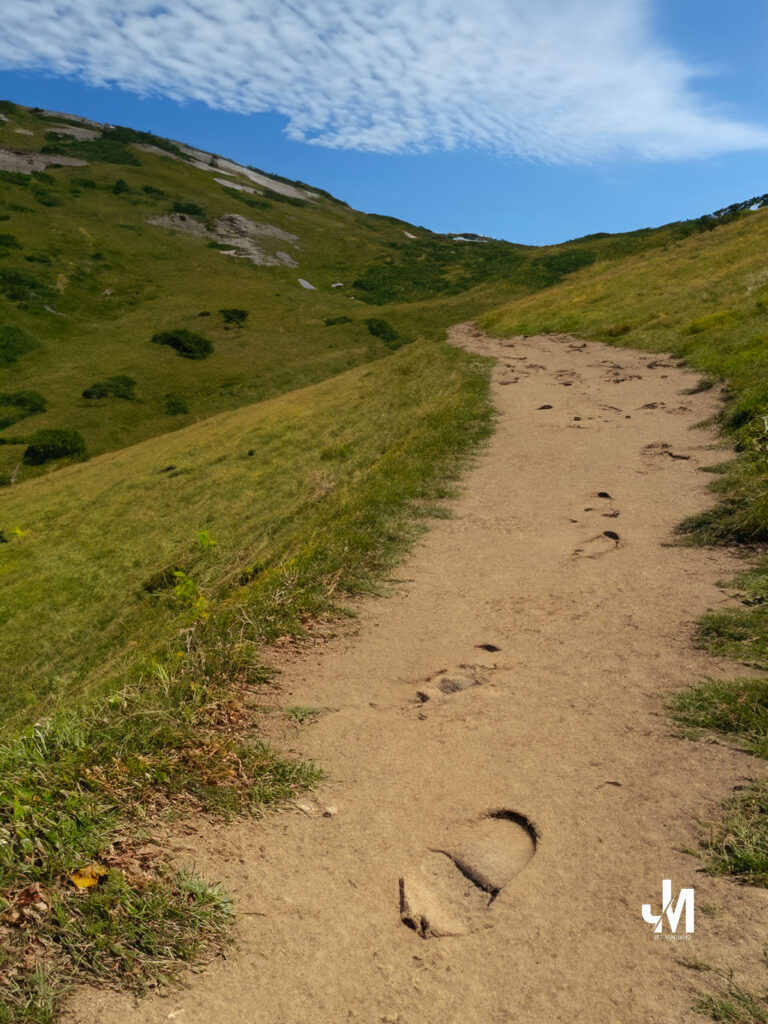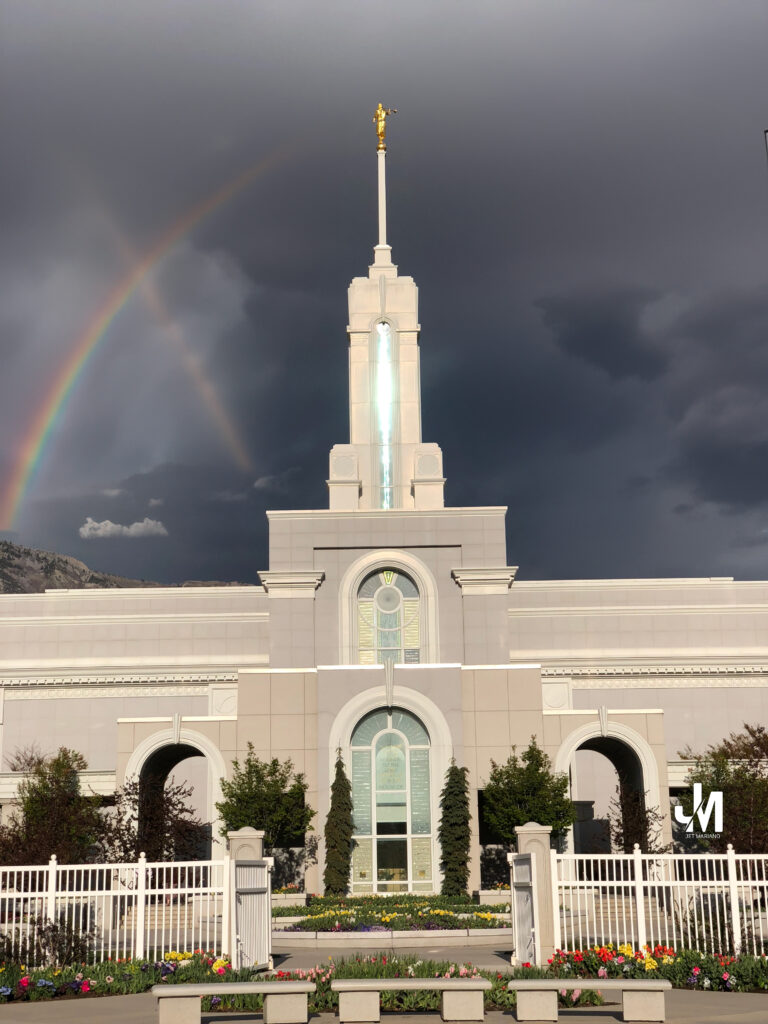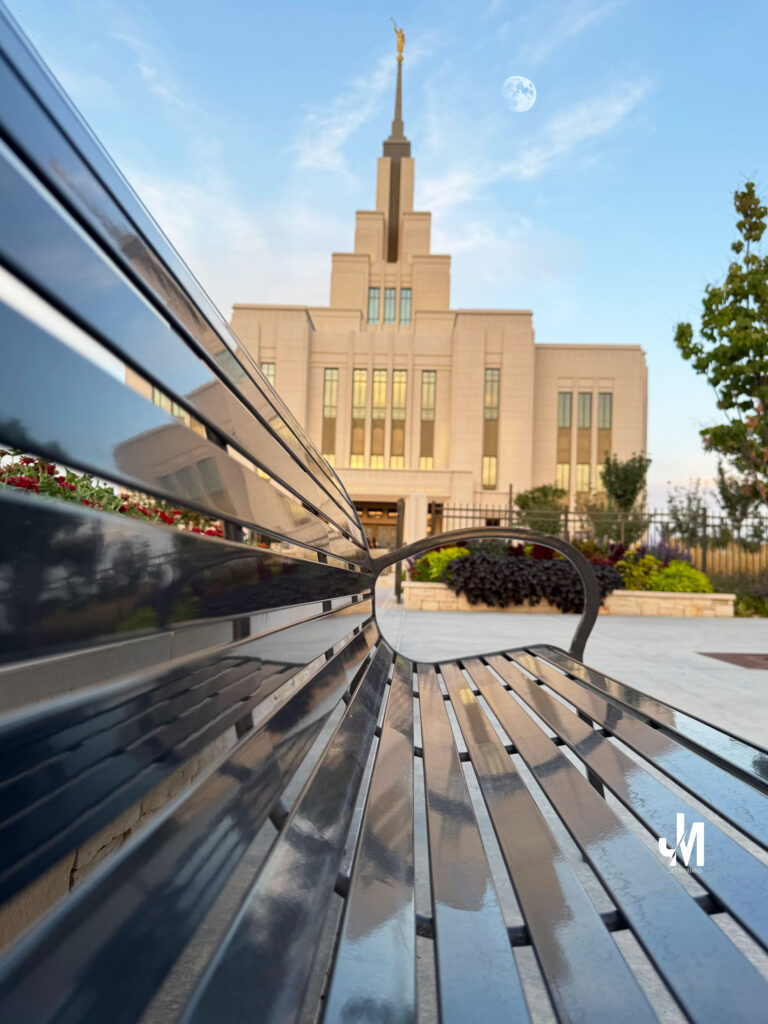
Excerpt
None of us is immune from trial. Elder Neal A. Maxwell teaches that if we endure well, today’s struggles are shaped into tomorrow’s blessings. Here’s my mark-in-time takeaway and how I’m applying it.
Intro
I listened again to Elder Neal A. Maxwell’s devotional “If Thou Endure Well.” The sentence that stayed with me: None of us can or will be immune from the trials of life. However, if we learn to endure our struggles well, they will be turned into blessings in eternity. That’s both bracing and kind—God doesn’t waste pain when we place it in His hands.
Straight line (what he’s saying)
• Mortality guarantees opposition; surprise is optional.
• Enduring well ≠ grim hanging-on; it’s faithful submission, patience, and continuing to choose light.
• Timing is part of God’s tutoring—deliverance sometimes tarries so discipleship can deepen.
• Gratitude and meekness change how trials shape us. They don’t shorten the storm, but they change the sailor.
• The Lord consecrates affliction to our gain when we refuse cynicism and keep covenant routines (scripture, prayer, sacrament, service).
Final reflection
Enduring well is a decision repeated—quietly—over and over. It’s choosing not to narrate my trial as abandonment, but as apprenticeship. It’s trusting that God is doing more with my life than I can see from the shoreline.
Pocket I’m keeping
• Expect opposition; practice patience on purpose.
• Pair prayers with small, durable acts (keep the next covenant, serve the next person, take the next right step).
• Measure “progress” by faithfulness, not by ease.
What I hear now
Tonight’s images—reflections, a quiet bench, a waxing gibbous over the spire—feel like a lesson in waiting. I can’t rush the moon to its mark, but I can keep framing, steady my hands, and choose light again. If I endure well, God will finish the alignment.
Link to the talk
Full devotional: “If Thou Endure Well” — Neal A. Maxwell (BYU Speeches).
© 2012–2025 Jet Mariano. All rights reserved.
For usage terms, please see the Legal Disclaimer.
